Alongside other writers of the new generation in Japanese literature such as Haruki Murakami, Hiromi Kawakami, Banana Yoshimoto or Natsuo Kirino, Yōko Ogawa writes in the brilliant tradition of the fiction of atmosphere (broadly drawing on Yasunari Kawabata’s writing) but she is also closely tuned to the narrative techniques and rhythms of Western modernity, based on the model established by Yukio Mishima. Born in Okayama in 1962 and acknowledged for novels such as „Hotel Iris” (1996) and „The Housekeeper and the Professor” (2003), Ogawa has created sketches of complicated inter-human relationships, the secrets of which are rarely spoken out but are most often merely suggested and the profoundness of which must be gleaned every time by the readers, who are riveted to her delicate, hypnotic, metaphorical and intensely symbolic writing, seldom encountered in contemporary fiction. This is the case of „Yasashī Uttae” („Tender Complaints”), the novel published in 1996 that tells yet another story of love and loneliness placed against a landscape amazingly depicted and against a musical background ranging from the contemporary age to the Baroque.
The very title of the book is suggestive of Jean-Philippe Rameau’s harpsichord piece „Les Tendres Plaintes”, a detail not devoid of significance, as one of the characters, Mr. Nitta, is a formerly successful pianist who has given up performing in concerts on the great stages of the world to devote himself precisely to making harpsichords. As a matter of fact, the actual subject of the novel is a simple one and the readers who are eager for narrative events proper may be under the impression that in „Yasashī Uttae” nothing actually happens. But this is because in the characters’ lives all relevant things seem to have already happened. Thus, Ruriko, the protagonist and the narrative voice of the text, decides to leave her unfaithful, violent husband and give up on her plentiful but affectionless life in Tokyo. Leaving her home unexpectedly after a marriage of fifteen years to an ophthalmologist who is busy most of the time, she takes refuge in a cabin that had belonged to her parents, in a mountainous region far from the hustle and bustle of the capital. Ruriko has specialized in the art of calligraphy – not Japanese, but Western penmanship – writing by hand, in different fonts, wedding invitations, restaurant menus or memoirs of wealthy clients – such as the memoirs of the ninety-six-year old woman, which she writes by hand, in order to offer them to her before her anniversary. Fiddling over the book that gives an account of the life packed with amazing events and incredible turnarounds of her nonagenarian client, the calligrapher constantly ponders on her futile, uneventful existence, symbolically filling the gaps in her life by merely putting down on paper the incredible exploits of this seemingly ordinary woman.
Moreover, Ruriko will also become close to Mr. Nitta and his assistant, the young, beautiful Kaoru, who are her neighbours and, alongside the owner of a Bed & Breakfast nearby, her only companions. And hence begin the complications. For, enthralled by Mr. Nitta’s calm nature, Ruriko convinces herself that she might love and be loved again. But the strange Kaoru is, in spite of her frailty, much stronger than she allows others to see and she and Nitta share the same passion for music and for manufacturing musical instruments, which will turn out to be much stronger than the erotic passion that draws Nitta and Ruriko together at a certain moment. Because the man’s secret is that, many years ago, he suddenly found it impossible to perform in front of an audience anymore – in front of anyone, for that matter. But after a while, even if he has refused to play the harpsichord for her, Ruriko is surprised to hear him play Rameau’s „Les Tendres Plaintes” for Kaoru. As of this moment, the writer starts setting up a web of intricate relations between the three protagonists, relations which seem to cross meandering ways that either bring them together or, on the contrary, set them apart. The reading journey thus becomes a genuine initiation path both for the readers and for the characters who experience the events – one staked out with elements of an aestheticism perfectly endorsed by all the details underscoring Yōko Ogawa’s text, from the musical narration to the everlasting suggestions hinting at the art of calligraphy, to thoroughly explore the complicated universe of feelings:
„And then how can you play ‘Les Tendres Plaintes’ so beautifully for Kaoru? Answer me! Please!’ I was not expecting an answer. I was trying to convince myself that in fact I was only expecting a hug, but to no avail. ‘I also wanted to hear you play the harpsichord. In fact, this would have been enough. You needn’t have tended to my wounds. If you had played the harpsichord for me, you needn’t even have held me in your arms.’ I was lying. I was telling lies. I was trying to destroy with my own hands my dearest memories of him. My voice trembled with sadness between the dark walls. A bird flew beneath the circle of light. It seemed like a scene from a faraway country. ‘I can perform in front of her’, he said. ‘This is the truth. She is the only one who trusts my interpreting. But I couldn’t explain why.’”
Certainly this novel includes all the Japanese writer’s favourite themes: her fascination with nature, with its various sonorities, her penchant for pictorial techniques – evident in the descriptions of autumn nights or winter days – to tell, far more than mere words do, some essential things about loneliness and about the ephemerality of the relations between people. At times evocative of Yasunari Kawabata’s best pages, the novel is compelling from beginning to end and goes beyond the level of a predictable narration about a love triangle, as long as whatever goes on between Ruriko and Nitta, Nitta and Kaoru or Kaoru and Ruriko is each and every time unusually intense and extremely suggestive – maybe not necessarily by what the characters say or by what the writer puts down on paper, but especially by what is merely implied and remains forever unspoken. For the characters avoid discussing their past openly, Ruriko herself sticks to the bare essentials about her divorce, which eventually does take place after her husband’s mistress pays her an unexpected visit and after she meets him several times. Moreover, like in a game of reduplication and of parallel mirrors suggestive once again of Kawabata’s art in „Snow Country”, Ruriko finds details about Nitta via Kaoru and about Kaoru via Nitta. However, what is certain is that all the characters carry the burden of a painful past in which they had plenty to lose: Mr. Nitta separated from his wife after he was no longer able to play the piano, Kaoru left Nagasaki after her fiancé was killed by a mistress who was unable to accept their separation and Ruriko is at a crossroads, sensing that all waters must part before she is able to move on.
The intensity of Yōko Ogawa’s prose is outright painful at times, making the novel a little gem of narrative art and of suggestion, everything seemingly narrated on Rameau’s notes in „Les Tendres Plaintes”, the music piece the meanings of which cross the text from beginning to end and based on which the various intensities or the fugue points of the book are structured. As if to underline the impossibility of Nitta and Ruriko’s love, the harpsichord maker has an accident that affects his fingers and his attempts to play the piano are shattered, so the calligrapher understands that the end of their relationship is near. Incidents of this kind are sparse in the novel: the moment when Ruriko threatens Nitta that, should he not stay with her, she will kill the deaf-blind dog that lives in the manufacturer’s house and is looked after by Kaoru, or when a drunkard is trying to force open the door of Ruriko’s house; apart from these episodes, the text is a singularly atmospheric and strikingly insightful one, with the essential fragments marked by a distinct language resonant of the sensorial universe that makes Yōko Ogawa’s prose a model of suggestion and discretion. Like in a famous episode in Kawabata’s novel „The Sound of the Mountain”, in which the protagonist manages to express her feelings only when her face is covered by a Nō theatre mask, in „Yasashī Uttae” the characters’ most important replies are uttered indirectly and seem to hint at realities outside the complicated relations that they have established.
Self-discovery, at the end of a painful process of discovering the other and the surrounding world, unexpected revelations, the inescapable loneliness of human beings are all to be found in Yōko Ogawa’s novel, carefully arrayed as if on a chess table on which the arrangement of every piece is made according to strictly defined rules. In order to draw, by masterful touches, Ruriko’s or Kaoru’s portrait, the author does not resort to descriptions proper (except for a few details such as Kaoru’s frail shoulders, her short hair, her blushing cheeks and her appetite, or Ruriko’s vague resemblance, perceived by Nitta, to Rembrandt’s Saskia), but she prefers instead to bring to the foreground the characters’ memories, which she perfectly integrates into the flow of the petty or serious events unfolding at the cabin and she structures dialogical instances in which everything is comprehended, even if some truths are only half told. Therefore, time seems every now and then to suspend its flow and dreams and reality apparently mingle, defining the characters’ choices and equally so their destinies. The novel thus seems to be made up of numerous episodes deployed like genuine fault lines that speak about the great truths of human existence in general, going beyond the strict conditioning of the lives of Yōko Ogawa’s three characters. A delicate and more than once shocking mixture of friendship, envy, warmth, attraction and rejection, the relations between Ruriko, Nitta and Kaoru are described with parsimony of narrative means and with an amazing power of suggestion – the book being thereby poetic in the best and most accomplished sense of the term, while also perfectly mastering the epic construction, augmented by the art of dosing the narrative episodes. For, even if she senses that there is a deep connection between Nitta and Kaoru, Ruriko cannot stop wanting the harpsichord maker and dreaming of a new life with him. But, despite this mutual attraction, Nitta and Kaoru do share their music and their current and future projects (the harpsichords they make), which help them overcome, in their own way, the wounds of their past. So that the ephemeral intimacy between Nitta and Ruriko will only lead to their separation and the only place where they can be together – more exactly where their names can be together – is in art, namely on the harpsichord made by Nitta and Kaoru, on which the emblem of the creator has been symbolically drawn by Ruriko, the calligrapher…
Self-loss, the difficulty of recapturing the adequate rhythms of existence, confusion and solitude are all so skilfully rendered by the Japanese writer that the novel gradually becomes a kind of genuine textbook on understanding human feelings – everything against the background of Baroque music and of the beautiful and talented Kaoru’s harpsichord interpretations. Sadness impossible to overcome, inescapable melancholy and the pain of loss recur in „Yasashī Uttae” as if they were meticulously handwritten – art being, in fact, the characters’ only chance for spiritual deliverance – and not only theirs.
Yōko Ogawa, „Yasashī Uttae” („Tender Complaints”)/ „Suspine tandre”, translated into Romanian and notes by Magdalena Ciubăcan, Humanitas Fiction Publishing House, 2019
Translated into English by Mirela Petraşcu




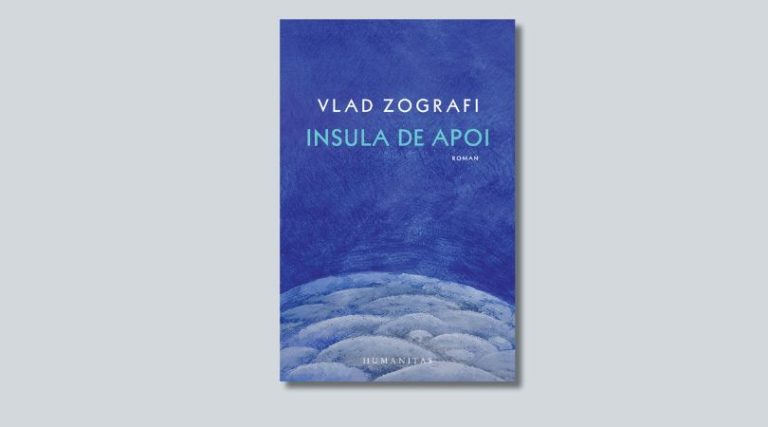
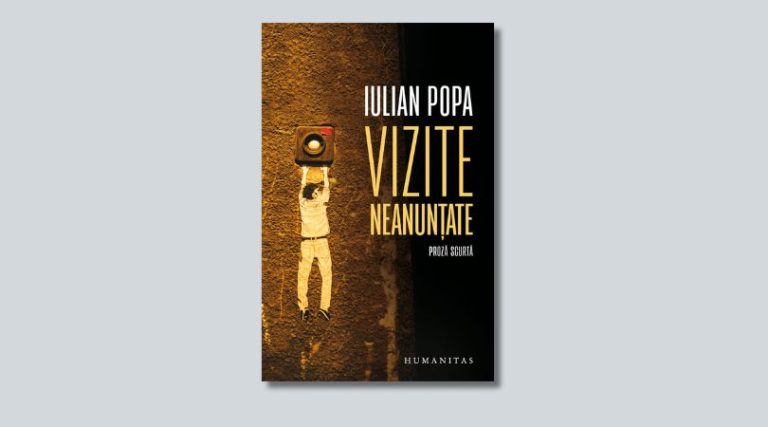


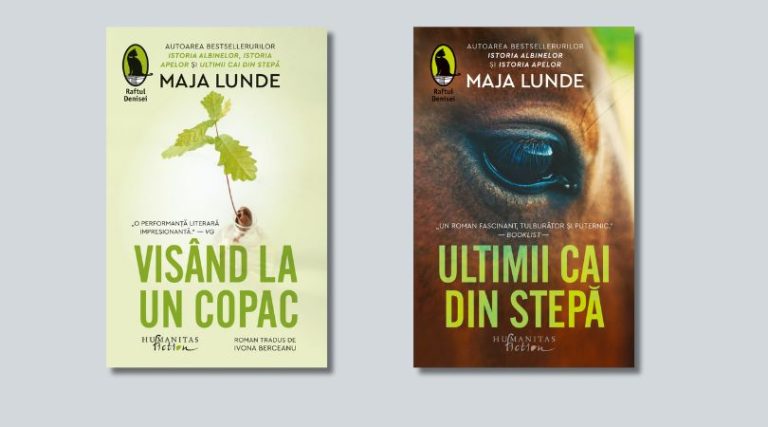


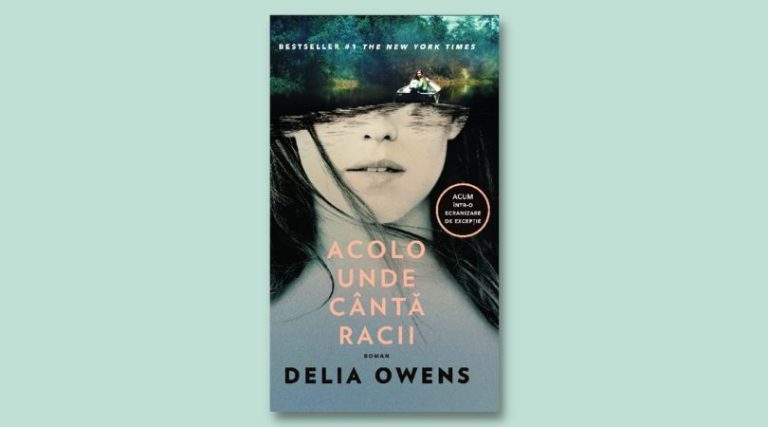


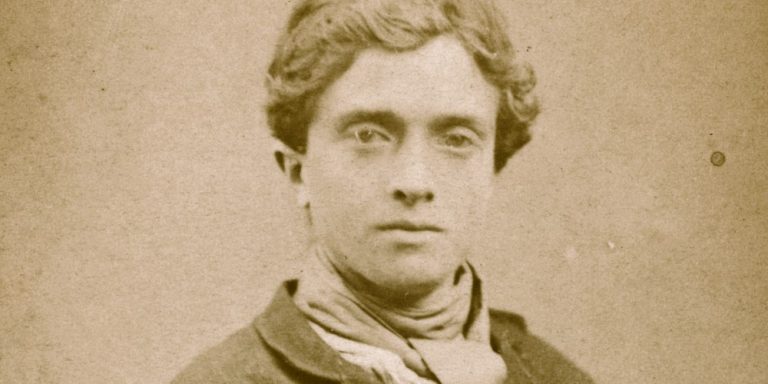
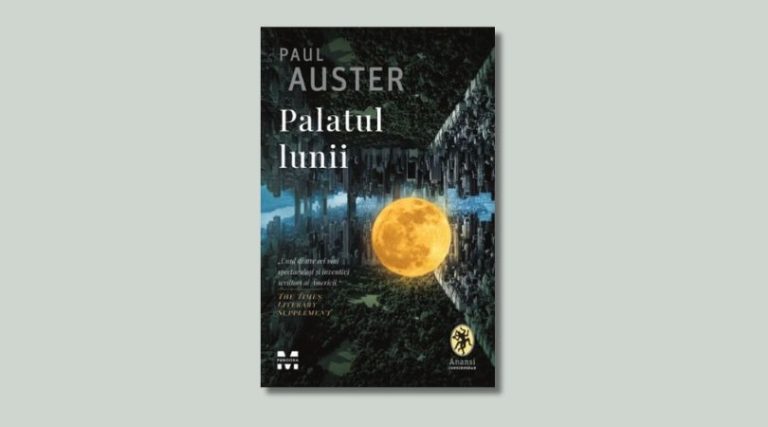





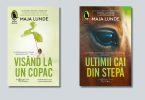



Scrie un comentariu